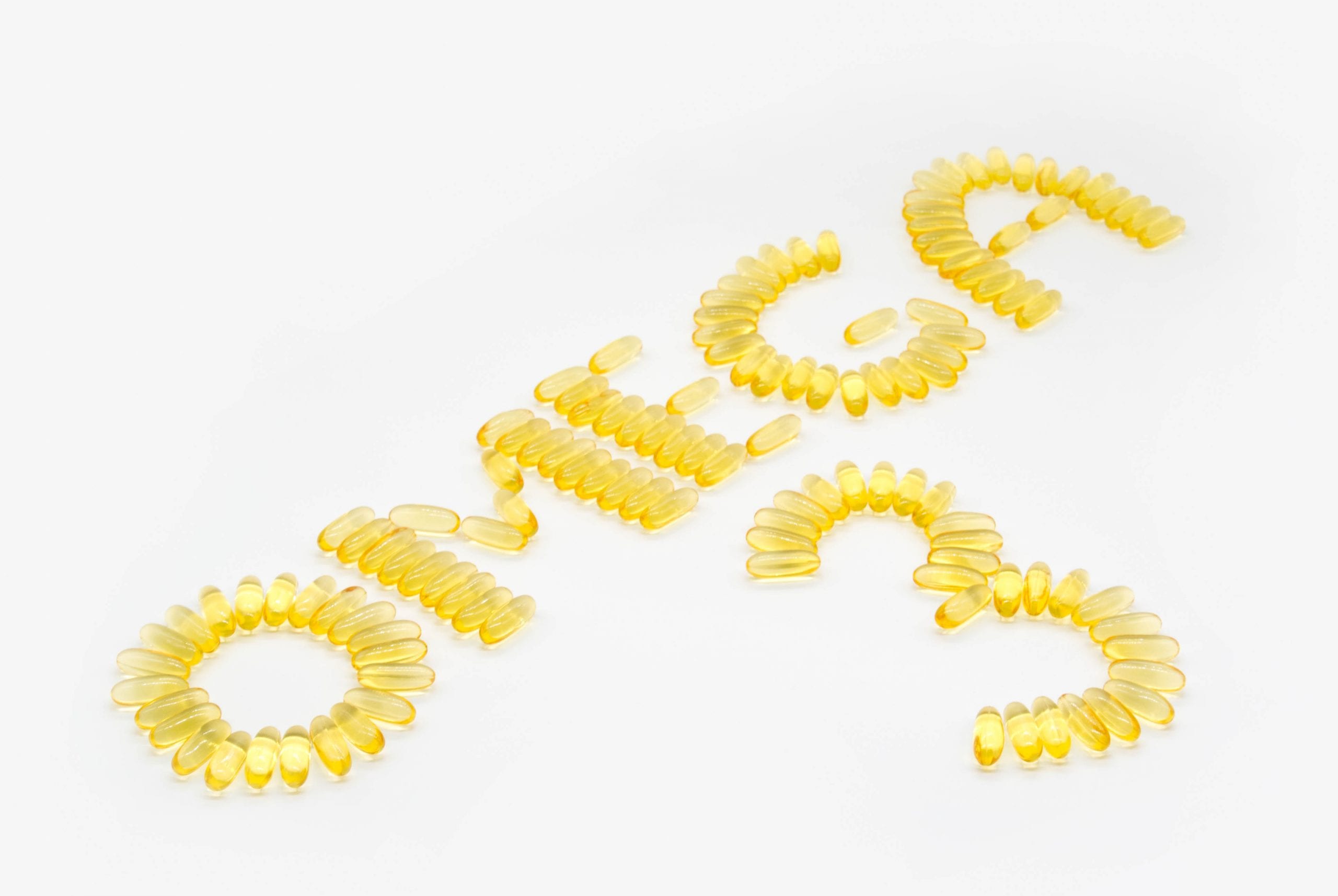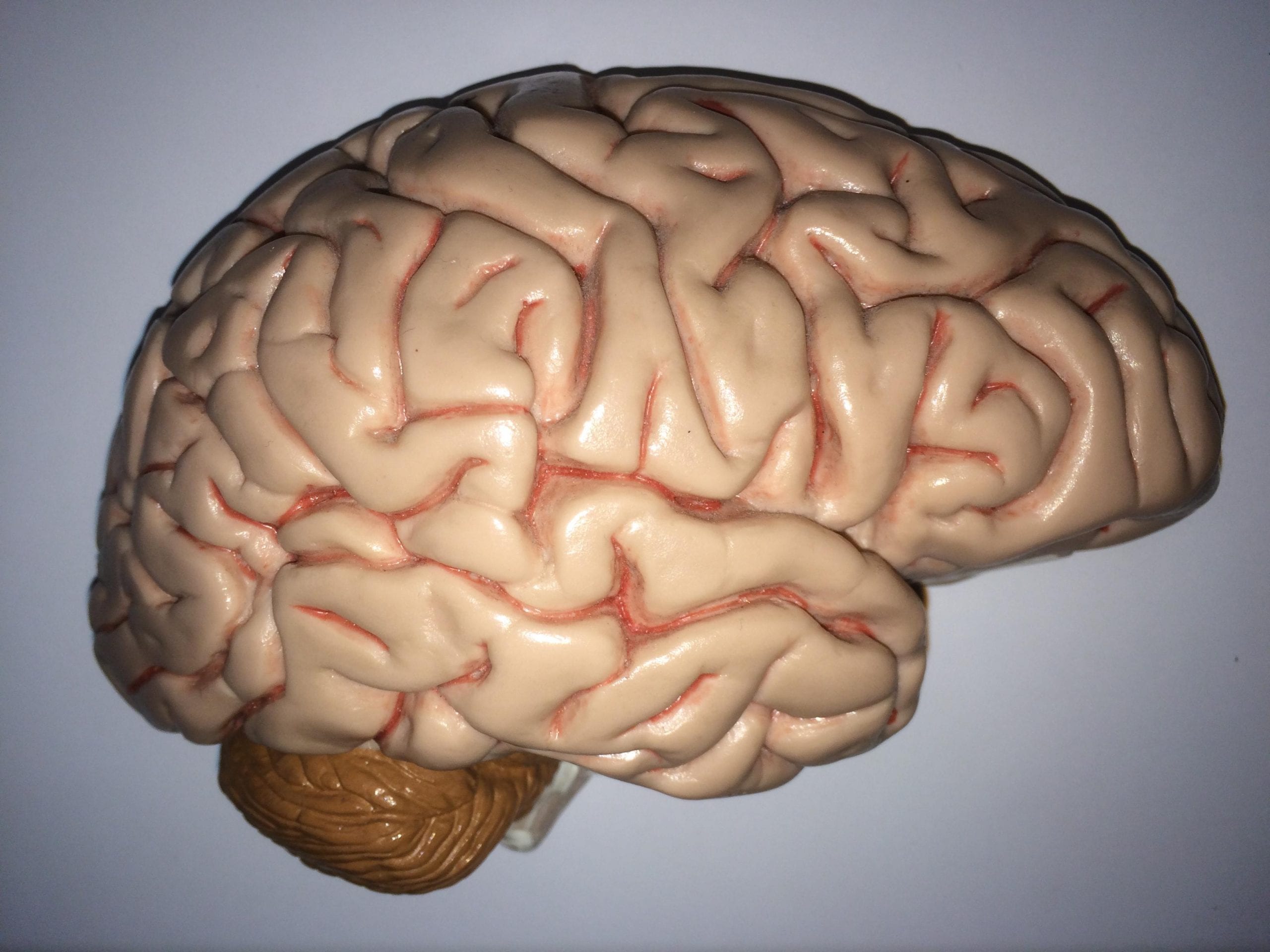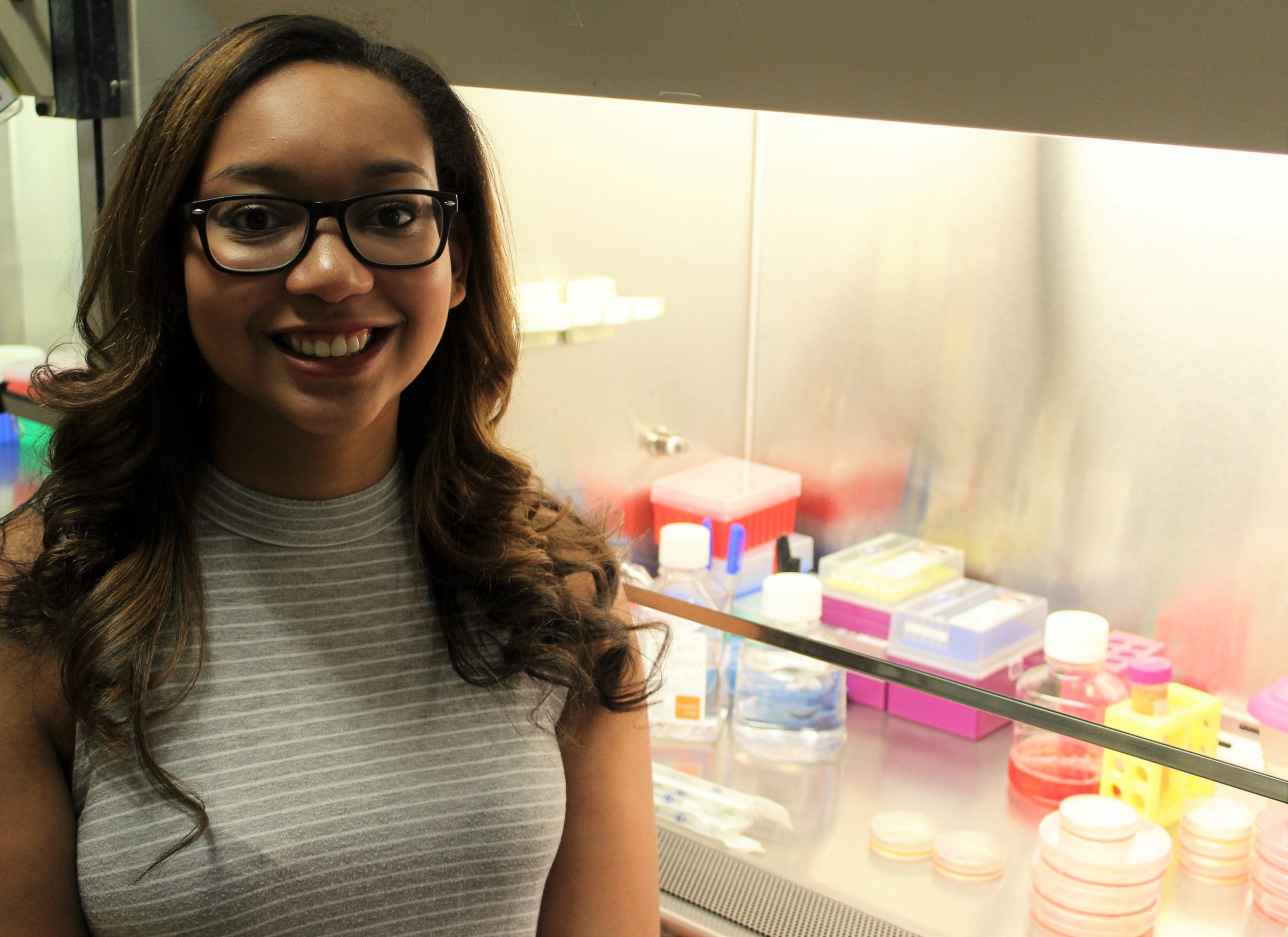It's that time of year again, where we resolve to make better choices for our bodies. Maybe one of these decisions is to try and boost our brain health as well, so we incorporate good “brain foods†in our diets like walnuts or salmon. These foods are labeled as such because they're rich in omega-3 fatty acids, or omega-3s – an essential fatty acid in the human diet. It's true that omega-3s have been shown to be really important for cognitive functions, memory, and brain development. They're even being studied to be the prevention or possible treatment of neurodegenerative disorders, certain mood disorders, and particular eye diseases! Researchers are now trying to understand how best to supplement omega-3s in order to get the most brain-boosting benefits.
There are three main types of omega-3s, two of which are DHAs and EPAs. These two fatty acids have overlapping, but not interchangeable, functions in the brain. DHA, which is found in brain tissues at high levels, is important for cognition and memory. Increasing the amount of DHA in the brain is being explored as a possible preventable measure or even treatment for neurodegenerative disorders such as Alzheimer's. EPA, on the other hand, is found at low levels in brain tissues, but is being researched because of its mood-improving effects and could be a possible treatment for depression.

But if taking a simple fish oil pill to prevent or treat things like Alzheimer's and depression sounds too good to be true, well you may be right. It turns out that the salmon you've been eating or those fish oil tablets you took this morning contain a high ratio of EPA relative to DHA, but they may not contain enough DHA or provide EPA in the best form to actually be utilized by your brain. Researchers have found that the form of EPA found in foods and supplements can't easily pass from the bloodstream into the brain, across what's called the blood-brain barrier.
However, recent findings out of the University of Chicago College of Medicine have shown how a modification to the structures of omega-3, changing it from how it's found in salmon or fish oil tablets, can make it more accessible to the brain. This research has big implications for the possible prevention or treatment of disorders like Alzheimer's, depression, or eye disease.

The research, published this past December, showed that by attaching the EPA to another structure called Lysophosphatidylcholine (or LPC for short) to make LPC-EPA, the fatty acid could be more effectively taken up by receptors at the blood-brain barrier. They demonstrated in mice that they could increase the amount of EPA in the mice brains by seven-fold by supplementing with LPC-EPA rather than fish oil supplements.
The LPC-EPA supplementation actually provides a “one-two punch†of sorts, because it can then effectively be converted into DHA, the cognitive-boosting omega-3, once it is in the brain. As a result, the brains of mice fed with LPC-EPA showed increased levels of DHA. This could point towards providing a single supplement can have a whole array of brain benefits, so maybe one day it actually will be possible to take one “magic†pill and kiss your cognitive and mental problems good-bye!
So while you shouldn't necessarily put down that forkful of healthy salmon, or stop noshing on a handful of walnuts, you may want to keep in mind that they may not be the brain-boosting super foods as once believed. But hey, they may help you hit some of those other new year's resolutions!
Featured image credit: Brain. Image Credit: Jesper Sehested via Flickr. Licensed under: CC BY 2.0
About the Author
 |
Michelle Dookwah currently serves as an Assistant Editor for Athens Science Observer and is a graduate student at the University of Georgia Complex Carbohydrate Research Center, where she studies rare neurological disorders using patient stem cells. She's pretty passionate about science and science communication. However, she also enjoys numerous activities in her free time, including reading, listening to podcasts and audiobooks, hiking, baking, and obsessing over her labradoodle named Goose! More from Michelle Dookwah. |
About the Author
- athenssciencecafehttps://athensscienceobserver.com/author/athenssciencecafe/April 17, 2020
- athenssciencecafehttps://athensscienceobserver.com/author/athenssciencecafe/April 12, 2020
- athenssciencecafehttps://athensscienceobserver.com/author/athenssciencecafe/April 3, 2020
- athenssciencecafehttps://athensscienceobserver.com/author/athenssciencecafe/March 30, 2020







